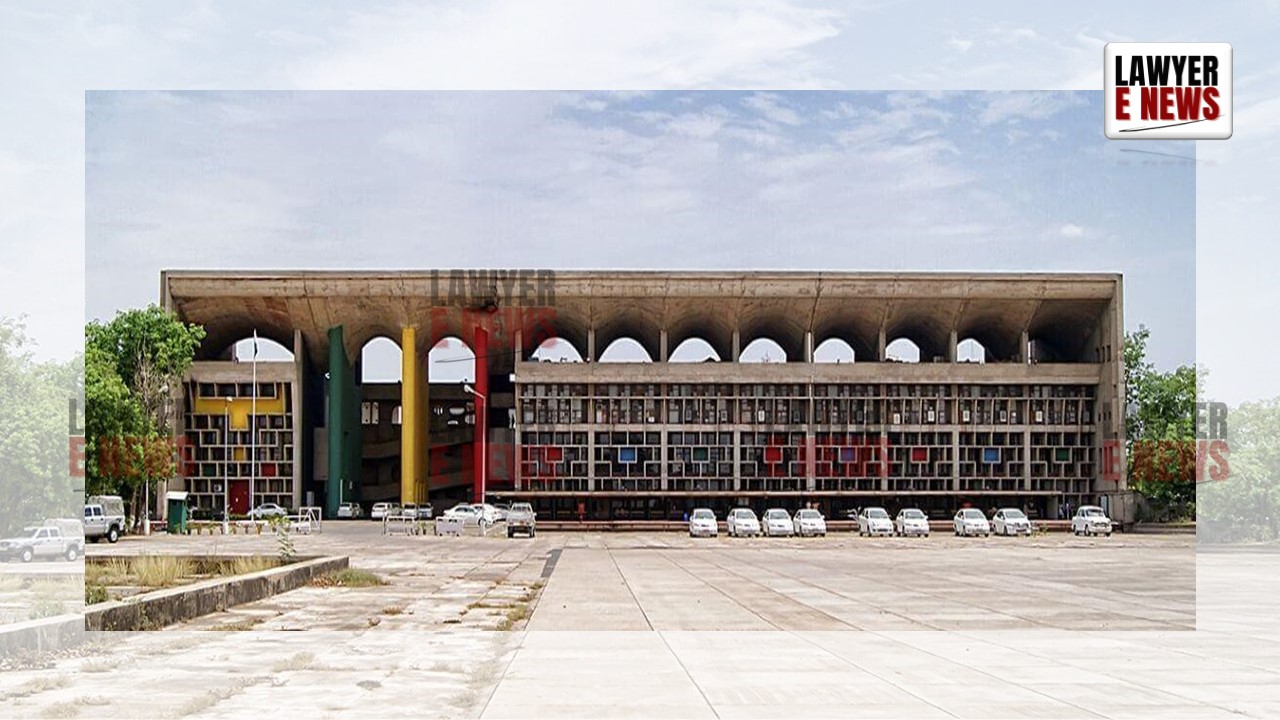-
by Admin
15 February 2026 5:01 PM



Punjab and Haryana High Court quashed a complaint filed under Section 138 of the Negotiable Instruments Act, 1881, in the case of Babli v. Khilar Singh and Another (CRM M-26077-2023). The Court allowed the petition filed under Section 482 of the Code of Criminal Procedure, 1973, and held that the continuation of proceedings after a mutual settlement between the parties amounted to an abuse of the process of law.
The complaint was initially filed by respondent Khilar Singh against petitioner Babli, alleging the dishonor of a cheque issued by the petitioner. However, the parties later arrived at a mutual settlement, and the complainant admitted before the trial court on April 5, 2023, that the matter had been resolved and expressed a desire to withdraw the complaint. Despite this, the complainant subsequently attempted to backtrack on the settlement, leading the petitioner to seek quashing of the complaint before the High Court.
The High Court noted that the complainant’s conduct in reneging on the settlement, despite receiving its benefits, was unjustified and amounted to misuse of the judicial process. Justice Shekhawat emphasized that allowing the continuation of litigation in such circumstances would "grant a premium to dishonest litigation" and undermine the integrity of the judicial system.
The Court relied on several judicial precedents to support its reasoning:
Ruchi Aggarwal v. Amit Kumar Aggarwal (2004): The Supreme Court held that once a compromise is acted upon and a party derives benefits, they cannot resile from it. Continuing litigation in such cases would amount to harassment and abuse of process.
Ram Lal v. State of Haryana (2008): It was held that criminal complaints should be quashed if a complainant, after deriving benefits from a settlement, backs out of the compromise to pursue litigation.
Paramjit Khanna v. Inder Pal (2018): The High Court ruled that parties are bound by mutual settlements, and deviation from agreed terms after receiving benefits amounts to misuse of legal remedies.
The Court underscored the principle that settlements in criminal matters, especially those under the Negotiable Instruments Act, promote amicable resolutions. Once a settlement is acted upon, neither party can be permitted to undo it to the detriment of the other.
In the present case, the Court concluded that the complainant’s admission of the settlement before the trial court, followed by their attempt to withdraw the settlement without justification, rendered the continuation of the complaint unjustifiable. It ruled that allowing such litigation to continue would mock the legal process and encourage dishonest behavior. Accordingly, the complaint titled Khilar Singh v. Smt. Babli (NACT/2751/2019) and all subsequent proceedings arising from it were quashed.
This ruling reiterates the judiciary’s approach to ensuring that settlements in criminal cases are respected and that the process of law is not misused to harass litigants. By quashing the complaint, the Court upheld the principle that judicial proceedings must not be rendered meaningless by dishonest litigation tactics.
Decision Date: December 2, 2024
